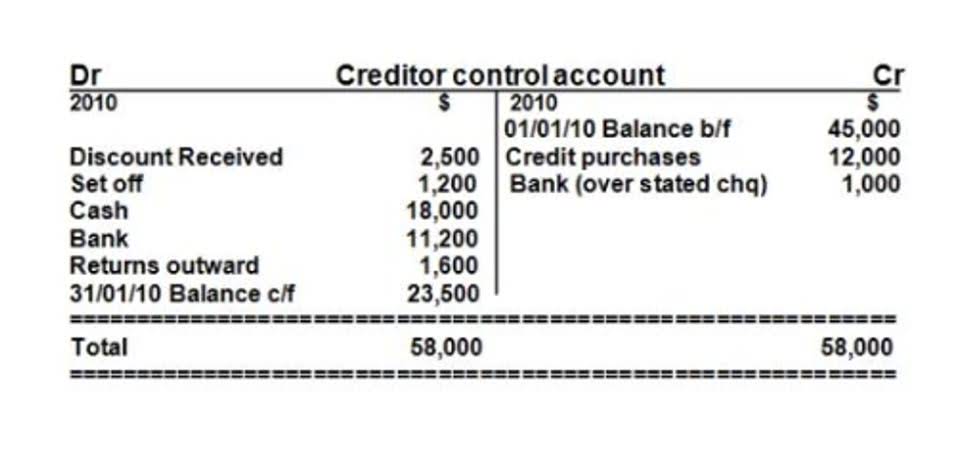
A retainer fee serves as an advance payment to secure a lawyer’s ongoing services, ensuring that they Bookstime are available to address your legal needs as they arise. Depending on the agreement, a retainer may be billed hourly or for an entire project, and the specifics can vary based on the attorney’s expertise and the complexity of your case. This structure allows you to budget your legal costs effectively while establishing a professional relationship with your attorney.

Is It Possible to Recover Attorney’s Fees?
- Retainer fees are an upfront or advance payment that a client pays to its lawyers for future legal services.
- If a lawyer spends less time on the matter than estimated, the additional amount would be refunded to the client.
- It should also be noted that lawyers do not have to charge a retainer cost.
- Ultimately, the best option for you will depend on your specific legal needs and budget.
- For example, if you hire an attorney and ask him to represent you in a legal matter, such as breach of contract, he may ask for a retainer fee of $4,000 to handle the issue for you.
All amounts for time and charges are taken from the retainer, and the attorney should give you an accounting of activities each month, including the amount left on the retainer. If the charges are more than the retainer amount, you’ll most likely have to pay additional fees, depending on the agreement. The attorney must (by law) deposit that money in a trust account to draw from as work is done.
All About Software Escrow Agreements
A retainer fee is an advance payment made by a client for future legal services. Lawyers determine this fee by estimating the hours needed for a case and multiplying it by their hourly rate. This fee is paid before any work petty cash begins, and as lawyers work on the case, they deduct their fees from the retainer, held in a dedicated account. Earned and unearned retainer fees are two forms of retainer fees utilized in attorney fee agreements. Unearned retainer fees are payments that are made in advance by a client in order to acquire the services of a lawyer that have yet to be earned by the lawyer.

Clio Accounting: Everything You Need to Know
- Contingency fees are particularly common in personal injury cases, where the successful lawyer is awarded between 20% to 50% of the recovery amount.
- This type of fee is often used for one-time tasks, like creating a will or a simple bankruptcy filing.
- Maintain open and regular communication with your attorney to ensure the retainer is being used efficiently and to discuss any concerns or changes in your legal needs.
- The lawyer then draws on this retainer as they provide legal services to the client.
- We are here to answer your questions and provide you with the support you need during this difficult time.
By doing so, you can avoid unexpected costs and ensure that you are both aligned in your expectations. Understanding the nitty-gritty of retainer fees will not only empower you in your current legal matters but will also give retainer fee you a foundation for future legal engagements. Understanding the ethical landscape around charging retainers is vital to your legal representation. Most legal professionals adhere to the ABA Model Rules of Professional Conduct, which emphasize the importance of transparency and fairness in billing practices. Engaging in discussions about retainer costs and expected legal services can foster a strong attorney-client relationship built on trust and respect.

Use a Professional Template
One potential disadvantage of a legal retainer fee is that it can be expensive upfront. Additionally, if the retainer is depleted quickly, the client may be required to pay additional fees to continue receiving legal services. Finally, the terms of the retainer agreement can be complex and may require careful review to ensure the client understands their rights and obligations. One of the main advantages of a legal retainer fee is that it ensures the client has access to legal services at all times.
- Key benefits include time efficiency, reduced errors, and enhanced transparency, allowing law firms to focus more on their legal work and less on administrative tasks.
- If a retainer fee is non-refundable, you will not receive a refund of any portion of your retainer (no matter how many or few hours were spent on your case).
- In contrast, evergreen retainers are replenished regularly, ensuring ongoing access to legal services.
- This ensures ongoing compensation, even if the client faces financial difficulties later.
- In a personal injury case, as noted above, the attorney may return the amount of the retainer to the client if the attorney succeeds in winning a payment of money damages for the client.
- Legal retainer fees are calculated based on several factors, including the lawyer’s experience, the complexity of the case, and the amount of work involved.
This is especially important in ensuring the lawyer still gets paid, even if the client decides to stop working with him or her. It is important to note that a lawyer’s hourly fee is a big determinant of the attorney retainer fee. Therefore, understanding the lawyer’s hourly rate is usually the first step in determing what the retainer fee for the lawyer will be. In many cases, a retainer helps cover the initial costs of legal work, such as filing fees, research, or consultations. This not only ensures that the legal process can begin without delay for clients but also provides a sense of facilitation. For lawyers, it ensures that these initial expenses are handled before they invest significant time and resources into the case.